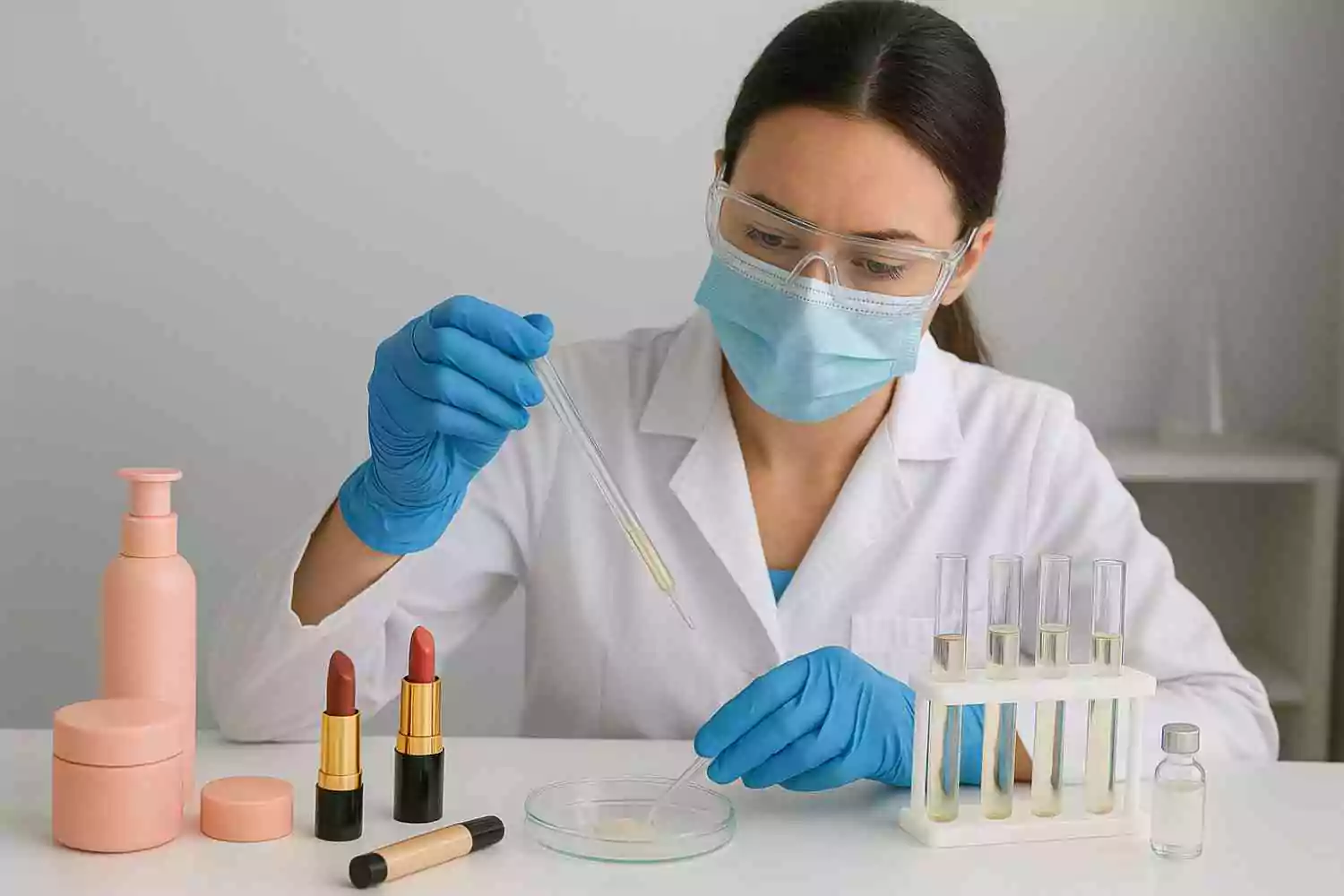5 Ways to Improve Water Safety in Corporate Offices
- 11 October, 2024

Water safety is one of the most pressing issues for both urban and rural populations in India, with corporate offices playing a key role in ensuring safe water practices. As India faces numerous water challenges, including pollution, contamination and unequal distribution, the impact is felt across sectors. Industrialisation and urbanisation have exacerbated water pollution, contributing to health issues and water scarcity. Corporate offices, as part of the urban landscape, must take proactive steps to improve water safety for employees and the broader community.
In this blog, we explore five essential ways to improve water safety in corporate offices and ensure the well-being of employees.
1. Regular Water Quality Testing
One of the most critical measures to ensure water safety in corporate offices is conducting regular water quality testing. Water contamination can lead to serious health issues, including waterborne diseases such as cholera, diarrhoea and typhoid. Corporate offices must work with accredited labs to regularly test water for pathogens, chemical pollutants and other harmful substances.
A study revealed that 80% of stomach ailments in India are caused by contaminated water, making it essential for corporate offices to ensure that the water provided in their buildings is safe for consumption.
2. Implementing Water Filtration Systems
Water contamination in urban areas often arises from industrial waste, sewage leaks, or other pollutants. To combat this, corporate offices should install high-quality water filtration systems. These systems can effectively remove impurities, chemicals and bacteria from water, ensuring that employees have access to clean drinking water.
Mumbai, one of India's largest cities, faces a severe water contamination problem, with over 7 million residents lacking access to clean water. By installing filtration systems, companies can contribute to water safety within their premises and reduce the risk of waterborne illnesses.
3. Promoting Water Conservation Practices
Water conservation is not only about reducing water usage but also ensuring that the available water remains safe and sustainable for future use. Corporate offices can promote water conservation through initiatives such as rainwater harvesting, greywater recycling and installing water-efficient fixtures like low-flow taps and toilets.
India extracts the most groundwater in the world, yet many regions face water shortages. Offices that adopt water-saving technologies, such as drip irrigation for landscaping or automatic water dispensers, can contribute to conserving valuable water resources.
4. Maintaining Water Infrastructure
Leaky pipes, outdated plumbing systems and poorly maintained water storage tanks can lead to water contamination. Corporate offices must invest in maintaining and upgrading their water infrastructure to prevent such issues. Regular inspections of pipes, tanks and water systems can help detect potential problems early and prevent contamination from spreading.
Mumbai has a water demand of 4,200 million litres per day but only receives 3,950 million litres due to supply issues like leaks and outdated infrastructure. By addressing these issues at the corporate level, businesses can help reduce water wastage and ensure cleaner water for employees.
5. Training Employees on Water Safety
Employee awareness is crucial for maintaining water safety in corporate offices. Conducting training sessions on water hygiene practices, the importance of clean drinking water and ways to conserve water can create a culture of responsibility within the organisation. When employees are aware of the potential risks and safety measures, they are more likely to contribute to water conservation and hygiene.
Waterborne illnesses such as cholera and diarrhoea can spread rapidly in environments where water safety is compromised. Corporate offices that educate their employees on these risks and promote good water hygiene practices can significantly reduce the spread of illness.
Water safety is not just a matter of health but also one of corporate responsibility. With water pollution on the rise, especially in urban areas, businesses must take proactive steps to ensure the safety of the water they provide. By implementing regular water testing, installing filtration systems, promoting conservation, maintaining infrastructure and educating employees, corporate offices can contribute to solving India’s water crisis.
Moreover, water safety goes hand in hand with food safety. Just as contaminated water can lead to serious health issues, unsafe food can also result in illness or even death. The importance of food testing in corporate settings cannot be overstated. Whether a company has an in-house cafeteria or sources food from external vendors, food safety standards must be rigorously maintained. Regular food testing for contaminants, bacteria and allergens ensures that employees receive safe and healthy meals, reducing the risk of foodborne illnesses.








